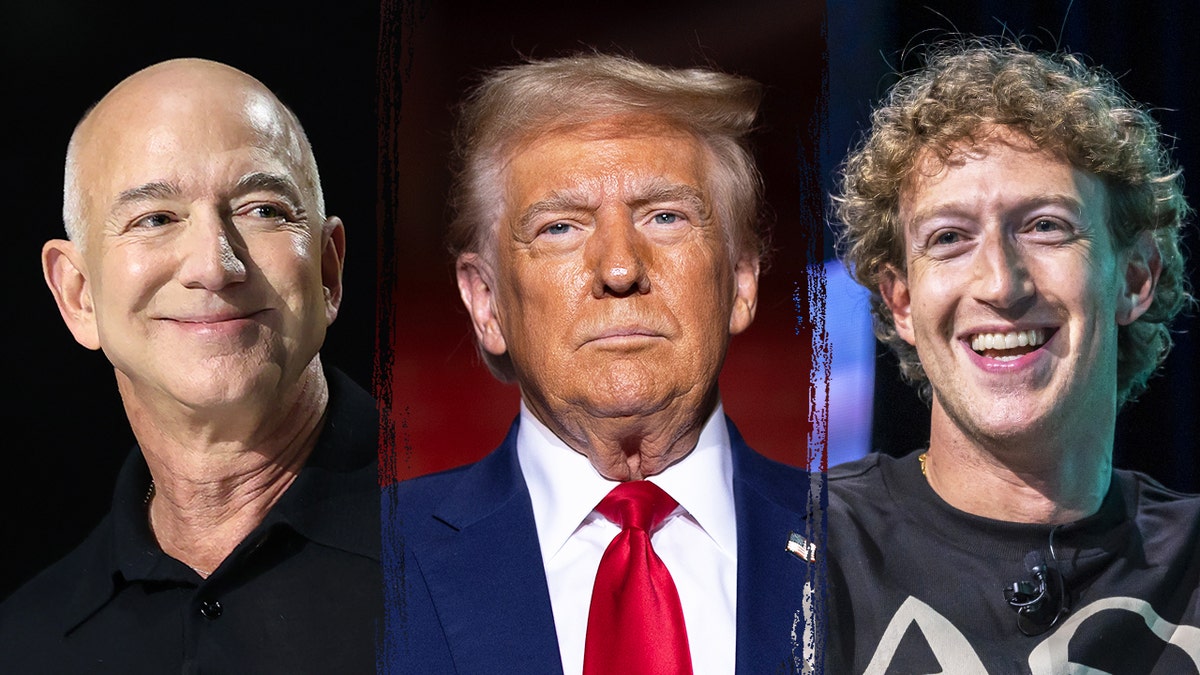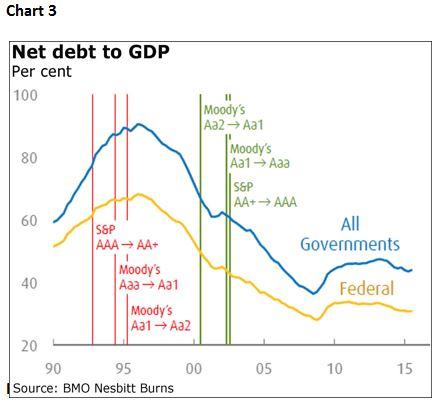Facebook Under Trump: Zuckerberg's Leadership In A Shifting Political Landscape

Table of Contents
The Rise of Misinformation and Facebook's Response
The Spread of Fake News During the 2016 Election
The 2016 US Presidential election saw a surge in the spread of fake news and misinformation on Facebook. False or misleading information, often originating from foreign sources, proliferated across the platform, reaching millions of users. This contributed to increased political polarization, eroded trust in traditional media outlets, and raised serious concerns about foreign interference in the democratic process. Specific examples include fabricated stories about Hillary Clinton's health and connections to ISIS, which were widely shared and amplified through Facebook's algorithms.
- Increased polarization: The spread of divisive narratives exacerbated existing political divisions.
- Erosion of trust in media: The difficulty in discerning truth from falsehood damaged public confidence in news sources.
- Foreign interference concerns: Investigations revealed the use of Facebook to spread propaganda and influence the election outcome.
Facebook's Evolving Strategies to Combat Misinformation
In response to the 2016 election fallout, Facebook implemented several strategies to combat the spread of misinformation. These included partnerships with independent fact-checking organizations, algorithm adjustments to prioritize authoritative news sources, and increased efforts to detect and remove fake accounts. However, the effectiveness of these measures remains a subject of ongoing debate. Critics argue that Facebook's actions were too little, too late, and that the platform's algorithms continue to inadvertently amplify misleading content.
- Fact-checking programs: Partnerships with fact-checkers aim to identify and label false information.
- Algorithm updates: Changes to algorithms attempt to reduce the visibility of misleading content.
- Third-party verification: Increased efforts to verify the authenticity of news sources and accounts.
- Transparency initiatives: Efforts to increase transparency around advertising and content sources.
Political Advertising and the Scrutiny of Facebook's Policies
The Transparency Debate Surrounding Political Ads
The use of political advertising on Facebook became a significant point of contention during the Trump presidency. Concerns arose about the lack of transparency surrounding the source and funding of these ads, as well as the platform's ability to prevent foreign interference. The debate centered on whether Facebook should regulate political ads more strictly, potentially mirroring the regulations imposed on television and radio advertising. Arguments against increased regulation cite concerns about free speech and censorship.
- Foreign influence campaigns: Evidence emerged of foreign actors using Facebook ads to spread propaganda.
- Micro-targeting: The ability to micro-target specific demographics with tailored political messages raised concerns.
- Lack of transparency in ad spending: The lack of readily available information on political ad spending fueled criticism.
Zuckerberg's Testimony Before Congress and Public Reaction
Mark Zuckerberg's appearances before Congress to address concerns about Facebook's role in the 2016 election and subsequent political events drew significant public attention. His testimony faced intense scrutiny, with lawmakers questioning Facebook's policies on data privacy, misinformation, and political advertising. The public reaction was largely critical, highlighting concerns about Facebook's power and influence over the political process. These events significantly increased regulatory pressure on Facebook and intensified calls for greater accountability.
- Increased regulatory pressure: The hearings spurred discussions of new regulations on social media platforms.
- Calls for greater accountability: Public outcry demanded increased transparency and responsibility from Facebook.
- Public perception of Facebook's role in politics: The hearings shaped public perception of Facebook's influence on elections and political discourse.
Navigating Censorship and Free Speech Concerns
Balancing Free Speech with the Prevention of Harm
Facebook faced a constant challenge in balancing free speech principles with the need to prevent the spread of harmful content. This delicate balancing act involved developing and enforcing community standards, content moderation policies, and strategies to address hate speech, violence, and misinformation. The platform received criticism for both over-moderation (censorship of legitimate speech) and under-moderation (failure to remove harmful content).
- Content moderation policies: Facebook's policies on what constitutes acceptable content are constantly evolving.
- Community standards enforcement: The enforcement of these standards is a complex and challenging process.
- Balancing free speech and harm prevention: This remains a central challenge for social media platforms.
The Impact of Trump's Ban on Facebook and Instagram
The decision to ban Donald Trump from Facebook and Instagram following the January 6th Capitol riot marked a watershed moment, raising profound questions about the power of social media companies to regulate political speech. The justification for the ban focused on preventing further incitement to violence. However, the decision sparked intense debate about First Amendment implications and set a precedent for future actions by social media platforms in managing politically charged content.
- Impact on political discourse: The ban significantly altered the landscape of political communication.
- First Amendment implications: The ban raised complex questions about free speech and censorship.
- Setting precedents for future actions: The decision has implications for how social media platforms will manage similar situations in the future.
Conclusion
This article examined Mark Zuckerberg's leadership of Facebook during the Trump presidency, highlighting the immense challenges posed by misinformation, political advertising, and censorship. Facebook struggled to balance free speech with the prevention of harm, facing intense scrutiny. Zuckerberg's responses, including congressional testimony and evolving content moderation policies, profoundly shaped the platform's trajectory in a dramatically altered political landscape. The legacy of Facebook under Trump continues to influence debates on social media regulation and the role of these platforms in shaping political discourse.
Call to Action: To better understand the ongoing impact of these events and the future of social media platforms in a politically charged environment, further research into Facebook's policies and practices regarding Facebook under Trump is crucial. Continue the conversation by sharing your thoughts and engaging in further discussions on the topic of Zuckerberg's leadership and the evolving role of social media in politics.

Featured Posts
-
 The Bold And The Beautiful Spoilers Wednesday April 23 Finns Vow To Liam
Apr 24, 2025
The Bold And The Beautiful Spoilers Wednesday April 23 Finns Vow To Liam
Apr 24, 2025 -
 The Bold And The Beautiful April 16 Recap Hopes Concerns And Bridgets Revelation
Apr 24, 2025
The Bold And The Beautiful April 16 Recap Hopes Concerns And Bridgets Revelation
Apr 24, 2025 -
 Canadas Fiscal Future A Vision Of Responsible Spending
Apr 24, 2025
Canadas Fiscal Future A Vision Of Responsible Spending
Apr 24, 2025 -
 Strategic Partnership Saudi Arabia And India To Establish Two Oil Refineries
Apr 24, 2025
Strategic Partnership Saudi Arabia And India To Establish Two Oil Refineries
Apr 24, 2025 -
 Covid 19 Test Fraud Lab Owners Guilty Plea
Apr 24, 2025
Covid 19 Test Fraud Lab Owners Guilty Plea
Apr 24, 2025
